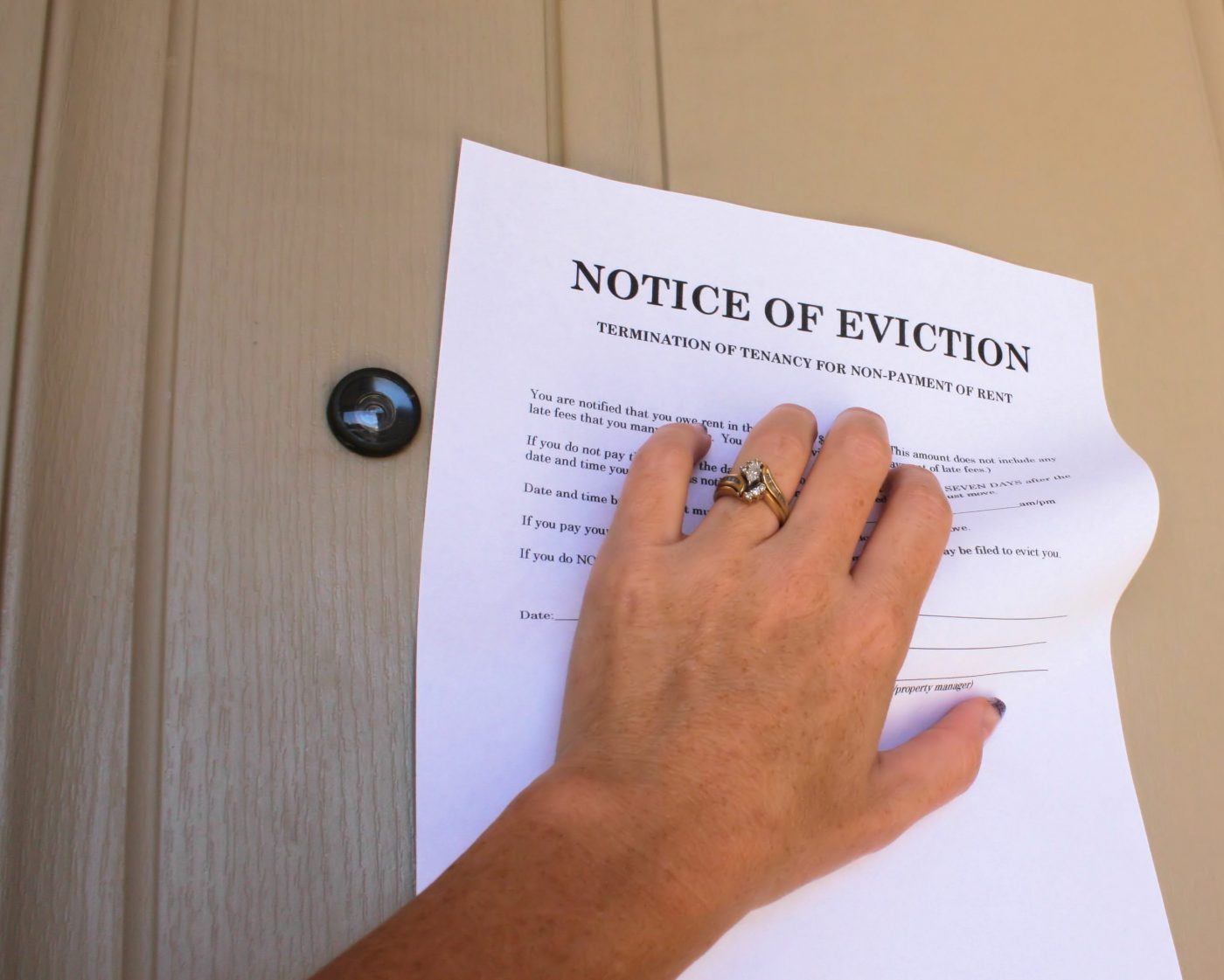
On Tuesday, Sept. 1, the Centers for Disease Control and Prevention (CDC) issued an order temporarily halting evictions through the end of 2020 for qualified residential tenants nationwide. Issued under the CDC’s authority provided in Section 361 of the federal Public Health Service Act, the order’s stated goal is to prevent the further spread of COVID-19.
The order will protect residential tenants who:
- Expect to earn no more than $99,000 (individuals) or $198,000 (jointly) in 2020;
- Were not required to report any income to the IRS in 2019; or
- Received an economic impact payment (stimulus check) pursuant to Section 2201 of the CARES Act.
In addition, tenants seeking protection must declare under penalty of perjury that they:
- Have used their best efforts to obtain government assistance for housing;
- Are unable to pay their full rent due to a substantial loss of income;
- Are making their best efforts to make timely partial payments of rent; and
- Would likely become homeless or have to move into a shared living setting if they were to be evicted.
Landlords found to be in violation of the order may be subject to criminal penalties including fines and jail time. Evictions for reasons other than nonpayment of rent will still be permitted. Also, the order neither relieves tenants of the obligation to pay rent nor provides rental assistance for past due amounts.
The CDC’s order offers welcome protection in states such as Arkansas where no state-level eviction moratorium order was ever issued and in states such as Louisiana and Mississippi where eviction moratorium orders have expired.
The language of the order presents strong justification, noting that COVID-19 “presents a historic threat to public health” and that the “mortality associated with COVID-19 during the early phase of the outbreak in New York City was comparable to the peak mortality observed during the 1918 H1N1 influenza pandemic.” The order goes on to cite several reasons for the eviction moratorium, which is expected to:
- Facilitate self-isolation by people who become ill or who are at risk for severe illness from COVID-19 due to an underlying medical condition;
- Permit state and local authorities to more easily implement stay-at-home andsocial distancing directives; and
- Mitigate the potential for homelessness, which increases the likelihood of individuals moving into congregate settings.
The moratorium will be effective once the order is published in the Federal Register, which is scheduled for Friday, Sept. 4. Notably, the order does not preempt states and local authorities from imposing additional requirements that provide greater public-health protection and are more restrictive than the requirements in this order.
Legal experts anticipate challenges on the basis that the order exceeds the CDC’s statutory authority or is an unconstitutional delegation of authority by Congress that violates separation-of-powers principles. In response to the eviction moratorium, the National Association of Realtors is urging Congress to take immediate action to provide emergency rental assistance programs directly to housing providers.






